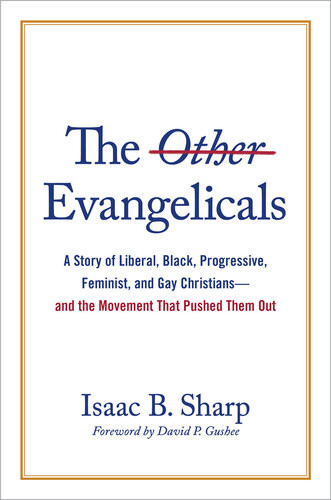

Most ebook files are in PDF format, so you can easily read them using various software such as Foxit Reader or directly on the Google Chrome browser.
Some ebook files are released by publishers in other formats such as .awz, .mobi, .epub, .fb2, etc. You may need to install specific software to read these formats on mobile/PC, such as Calibre.
Please read the tutorial at this link: https://ebookbell.com/faq
We offer FREE conversion to the popular formats you request; however, this may take some time. Therefore, right after payment, please email us, and we will try to provide the service as quickly as possible.
For some exceptional file formats or broken links (if any), please refrain from opening any disputes. Instead, email us first, and we will try to assist within a maximum of 6 hours.
EbookBell Team

4.8
94 reviewsWhat’s the first thing that comes to mind when you hear “evangelical”?
For many, the answer is “white,” “patriarchal,” “conservative,” or “fundamentalist”—but as Isaac B. Sharp reveals, the “big tent” of evangelicalism has historically been much bigger than we’ve been led to believe. In The Other Evangelicals, Sharp brings to light the stories of those twentieth-century evangelicals who didn’t fit the mold, including Black, feminist, progressive, and gay Christians.
Though the binary of fundamentalist evangelicals and modernist mainline Protestants is taken for granted today, Sharp demonstrates that fundamentalists and modernists battled over the title of “evangelical” in post–World War II America. In fact, many ideologies characteristic of evangelicalism today, such as “biblical womanhood” and political conservatism, arose only in reaction to the popularity of evangelical feminism and progressivism. Eventually, history was written by the “winners”—the Billy Grahams of American religion—while the “losers” were expelled from the movement via the establishment of institutions such as the National Association of Evangelicals.
Carefully researched and deftly written, The Other Evangelicals offers a breath of fresh air for scholars seeking a more inclusive history of religion in America.